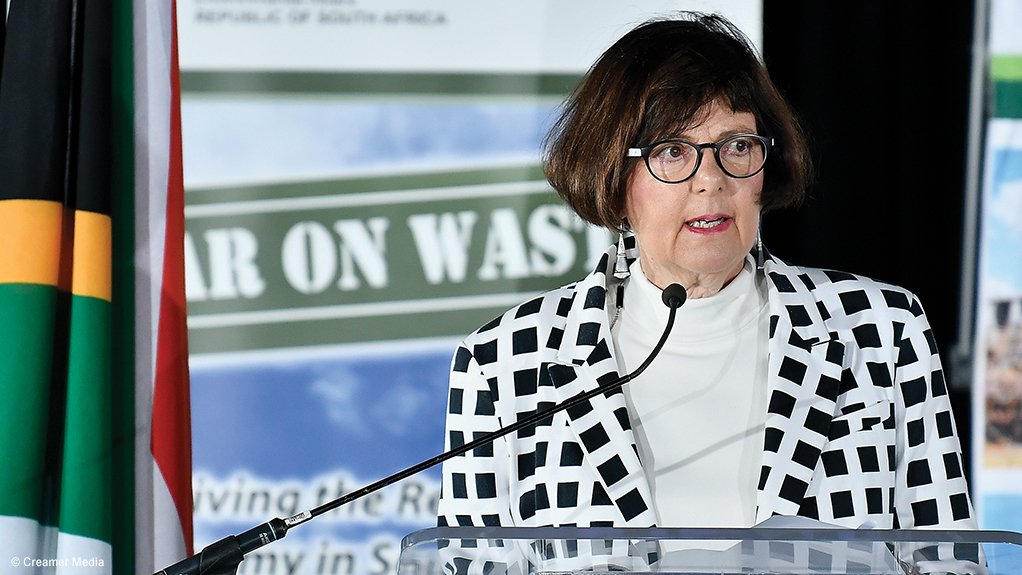/ MEDIA STATEMENT / The content on this page is not written by Polity.org.za, but is supplied by third parties. This content does not constitute news reporting by Polity.org.za.
Forestry, Fisheries and the Environment Minister, Ms Barbara Creecy, will on Monday (9 January 2023) visit the Princess Elisabeth Antarctic Research Station as a guest of the Government of Belgium for four days.
The Ministerial visit to the research station is being hosted by the Government of Belgium and the International Polar Foundation, as the operator of the Princess Elisabeth Antarctica under mandate from the Belgian Polar Secretariat.
While at the base the Minister will have an opportunity to learn more about the first zero emissions research station in Antarctica, which has become a showcase for best practice in the use of renewable energies to reduce the environmental impact of operations on Antarctica. The Belgians have expressed their desire to sharing Best Practice to improve the environmental performance of the South African Research Infrastructure in Antarctica.
The Belgian Antarctic Research Expedition (BELARE) uses Cape Town as its gateway.
On Tuesday, 10 January 2023, Minister Creecy will travel from the Belgian base to the South African Antarctic Programme’s Research Station, known as SANAE IV, in Queen Maud Land. At the base, which is managed and administered by the Department of Forestry, Fisheries and the Environment, Minister Creecy will interact with station crew and also inspect the facilities used by the South African scientists. During the visit to the biodiversity hotspot, the Minister will learn about the threats of pollution and research into the human impact on ocean and marine ecosystems threatened by global climate change and earth systems observations.
The Agulhas II departed Cape Town in December with the team for 2023, also delivering equipment, supplies and fuel.
The department has maintained South Africa’s research presence in Antarctica and the Prince Edward Islands. The scientific data that is collected during voyages is critical to the understanding of amongst other things, the impacts of climate change and weather information associated with extreme events.
The first South African built Antarctic base, a wooden structure, SANAE I, was a Meteorological research station constructed in 1961/62. South Africa has not only maintained an uninterrupted presence in the Antarctic since 1960 but played an active role in the management and conservation of the vast continent and contributed to the pool of scientific knowledge.
Issued by The Department of Forestry, Fisheries and The Environment
EMAIL THIS ARTICLE SAVE THIS ARTICLE ARTICLE ENQUIRY
To subscribe email subscriptions@creamermedia.co.za or click here
To advertise email advertising@creamermedia.co.za or click here











